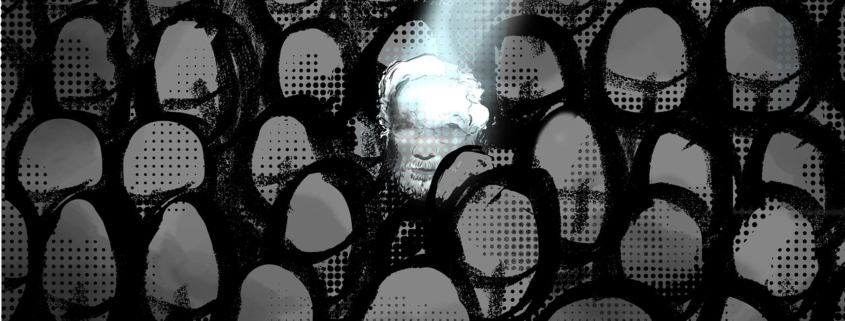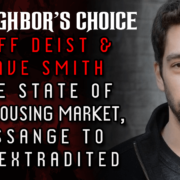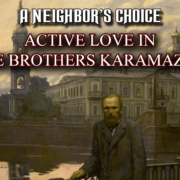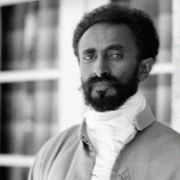Assange and the Decline of the West
It is rather surprising to see how minor a topic the imprisonment of Julian Assange is in the daily discourses of the Anglo-American world. I write “Anglo-American” because Assange had been tried in the UK and is now readied for extradition to the United States where he will be further prosecuted for publishing highly-classified documents relating to wars, regime change, and mass surveillance. Virtually no one speaks about the plight of Assange in the US press. The conservative establishment uses his name to gain sympathy during elections, the churches don’t talk about him, Hollywood depicts him as an insane cultist, and the liberals hate him for giving the election to Trump in the 2016 election.
The few activists who campaign for the release of Assange do so at the enormous expense of being branded as “foreign agents” or “traitors.” These activists and journalists try their best to demand the preservation of due process—something that has been said to characterize the West. However, many do not attempt to draw an important correlation between Assange’s kidnapping and the decline in Western values. Many do not even realize how key Assange’s imprisonment is to things such as the collapse of the family and how amoral statism accelerates this fracturing.
Once we go through each societal factor of Assange’s arrest, we realize the magnitude of the West’s decline, and how illusory many of its principles have become. In Assange’s arrest, we get a complete picture of the fall of the West. First, we will look at the obvious: the matter of free speech. An American close friend of mine proudly declared that she’d once defended a satanist at a campus debate. There is no denying the American sense of pride in the ability to say whatever one wishes. The Assange case deals a fatal blow to this pride. Following the 2016 presidential election, then-CIA director Mike Pompeo argued that the famed First Amendment did not apply to Julian Assange, simply due to the fact that Assange was not American.1 Pompeo’s sentiment is still widely shared across America’s halls of power.
Pompeo’s assertion could be taken as an exception, but one has to employ all sorts of mental gymnastics to make that argument. Is Pompeo technically wrong? Couldn’t it be argued successfully that the First Amendment stops at America’s borders? If it were so then what validity does America’s Constitution contain? If Julian Assange is not protected by free speech laws then what grounds do non-American journalists have to critique any of DC’s policy, and in general, what kind of exception does the US really proclaim? The very claim to universality that Americans profess in their liberal democracy (or republic) is thrown up for debate. Suddenly, the First Amendment doesn’t sound so revolutionary anymore.
Many Americans counter the above by saying: “Hey, at least we’re not like the Soviet Union!” When a nation feels that it must only narrowly avoid being compared to the worst of regimes in order to be exceptional, they have much work to do. The same goes for the United Kingdom and any other nation that claims the inheritance of Common Law.
Another character of the West is the concept of Habeas Corpus; translated from Latin it means “show me the body.” Habeas Corpus proclaims, supposedly from the origin of Christ’s crucifixion, that any person presented before a court is to be presumed innocent until charged as guilty. Let us investigate whether this principle was applied in the case of Julian Assange. For almost an entire decade, Assange was holed up in the Ecuadorian Embassy in London. Had Assange left the embassy, he would have been immediately arrested and unable to fight his case as a free man. Assange committed no violent crime; the British state had zero reasons to detain him, but they arrested him anyway.
Assange languishing in prison is symbolic of many non-violent criminals who are persecuted in both the US and Britain. His imprisonment is also symbolic of the West’s insistence on using censorship and coercion against dissidents such as Edward Snowden as well as rising collectivism that always benefits the state and its partners. Like millions of Americans who were locked indoors in pandemic authoritarianism, Assange was effectively detained in that Ecuadorian embassy in London. Assange’s detainment was a prolonged lockdown enforced on the symbolic individual of the West. Now, as the state’s decreed medicine causes numerous adverse effects, Assange nears fatal health.2 3
Just as thousands of Americans receive Orwellian censorship and are monitored daily by a massive surveillance state, so is Assange rendered incommunicado behind a prison cell. The state of his imprisonment means that he is allowed only limited communication with his loved ones. The tragic sight of Assange’s wedding to long-time fiancée, Stella Moris, conducted within the confines of Belmarsh prison is indicative of broken families suffering under a system that strives against their very existence. Most recently, John Bolton, former National Security Advisor and war criminal extraordinaire, had the gall to tell Stella Assange that he would like to see Assange locked up for life. Such is the attitude of Western governments towards the family unit. Stella, of course, aptly responded, as we all should, that Bolton should run from the Hague.
The saddest part is that many of the above-mentioned abuses have been voluntarily taken on by the Western public at large whereas in Assange’s case they had to be coercively enforced. This master-servant dynamic can change. Again, I have to mention that there are many dissidents who do not prescribe to their governments’ narrative and are looking to bring awareness to Assange’s situation. The potential is there for America to live up to the vision of its founding fathers, and the transformation of potential to reality may very well depend on those dissidents who question their rulers. But what has to be done to sway the general public; do they require more scapegoats and symbolic sacrifices like that of Assange?










Leave a Reply
Want to join the discussion?Feel free to contribute!